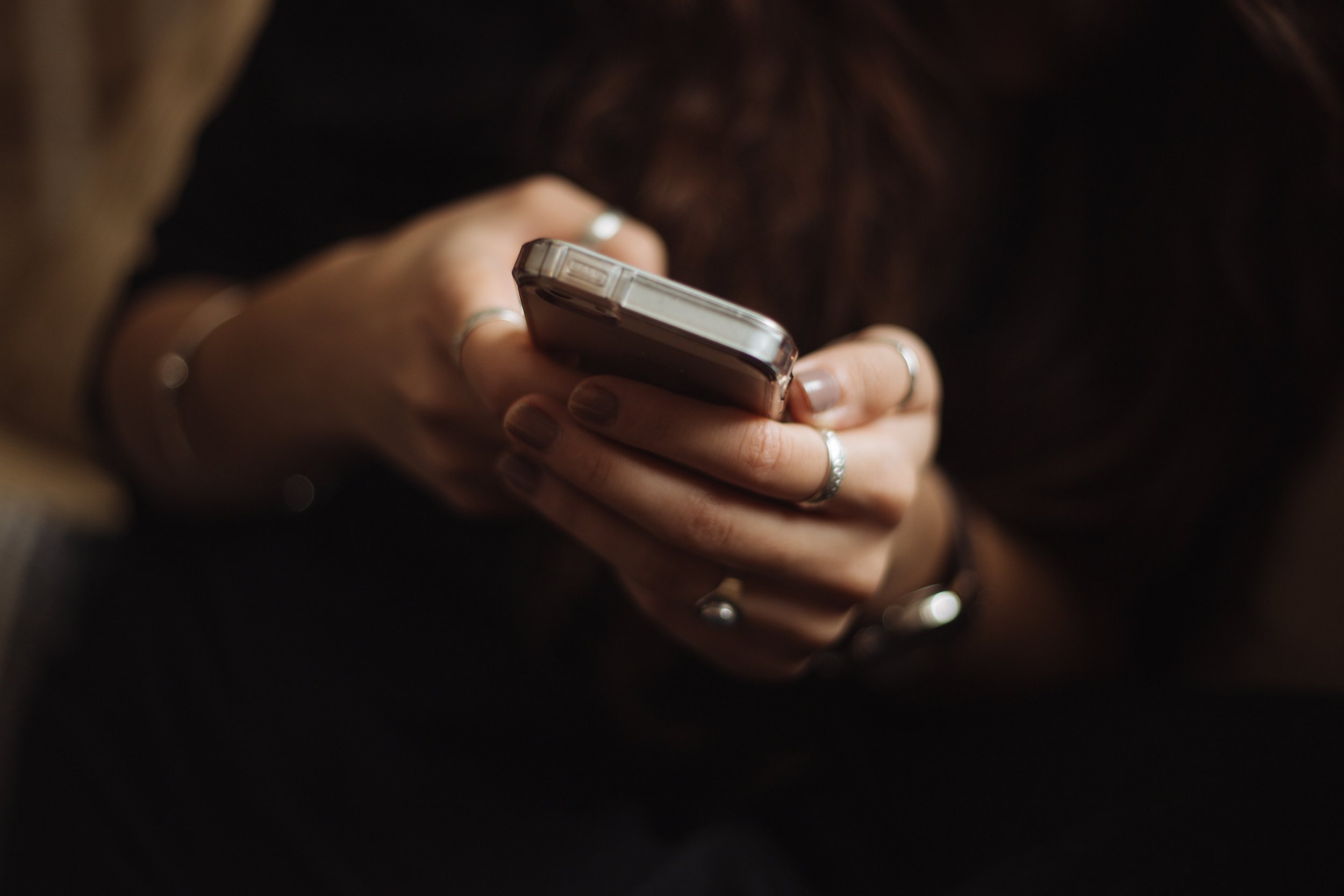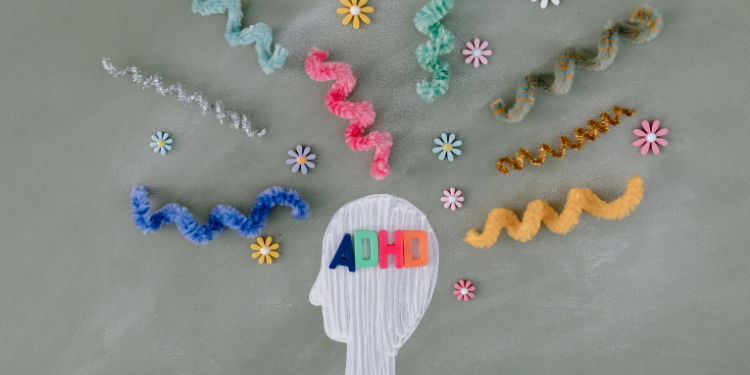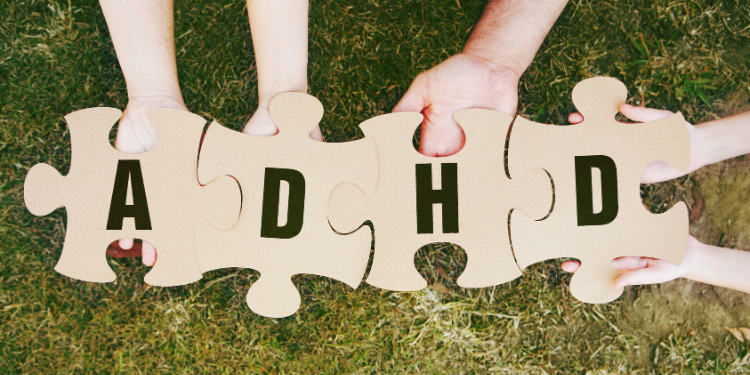According to research, the average Australian spends roughly 5.5 hours per day on their mobile phone or tablet devices. That’s almost one quarter of the day. Almost two hours of this time is spent scrolling through and responding to social media. It’s not that long since we did life without these devices and managed pretty well.
Our use of phones and other devices often seems to impinge on other day-to-day activities. Some examples: you go for a walk and scroll through messages or look at social media at the same time. You are driving to work and call a family member or friend for that ‘catch up conversation’. You are waiting for your takeaway coffee and watch the latest YouTube video that everyone is talking about. You are eating dinner with your family or friends and get a notification of a text message or email, which you casually read while someone else is talking. Many of these behaviours contribute towards ‘continuous partial attention,’ when we are not fully focused on anything. While out walking, we don’t notice the trees in the park, or feel the warmth of the sunshine on our face. We don’t notice others who also wait for their coffees and miss that opportunity to connect even with an exchange of a smile. And we miss hearing what a family member has just said.
So often, we let our use of our phones creep into our lives in a way where we are continually connected to them without realising that we are paying far more attention to them than is healthy or good for our emotional wellbeing.
We all need to care for ourselves emotionally and part of this is the importance of disengaging, disconnecting, and creating margins, particularly around our use of digital devices. We might all benefit from building some healthy habits around our use of mobile phones to give us time to wind down, help our brains slow down, and relax.
Have you ever tracked one day in your life and noticed when and how you use your mobile phone or other devices?
Choose one area that you would like to change and work on changing this behaviour into a habit – the smaller the change, the more likely you are to make this happen.
Some suggestions:
- When you go for a walk or run, don’t look at your phone. Instead notice your surroundings – the trees, the gardens, your neighbours. And when you do see a neighbour, why not look at them, greet them with a smile and a hello.
- Have a book to read for train travel or waiting for doctor appointments.
- When sitting on a train or bus, look out the window and notice your world and let your brain have space to think, to stop, to imagine, to dream, to pray.
- Use your phone notifications – particularly your ‘do not disturb’ to take a break from being interrupted.
- Choose a time in the evening when you switch your notifications to sleep mode; turn it off at least 30 minutes before going to bed.
If you want help and a structure for building small habits into your life, you will find our online course Press On: Building resilience and mental wellbeing enormously helpful and practical.




